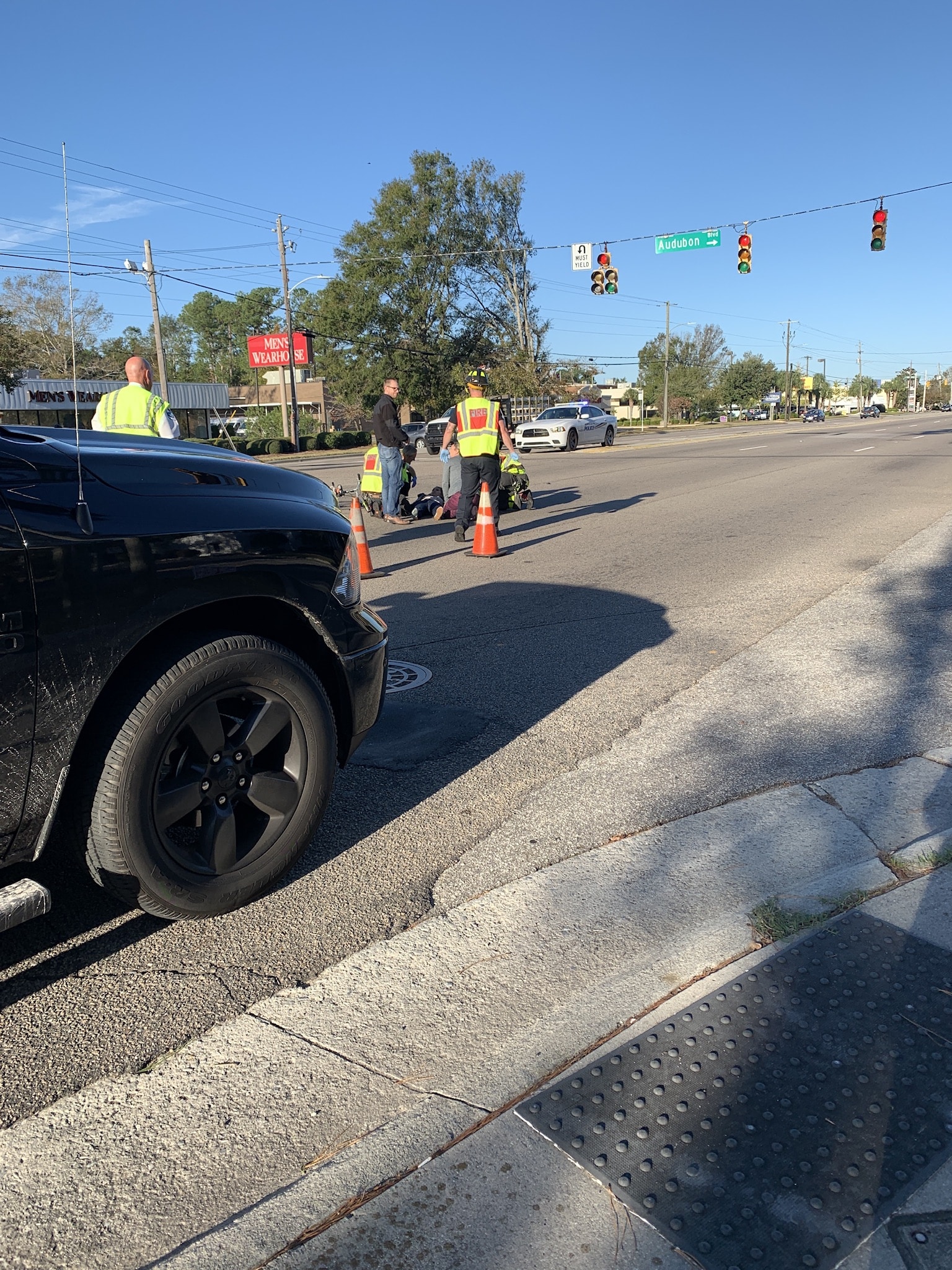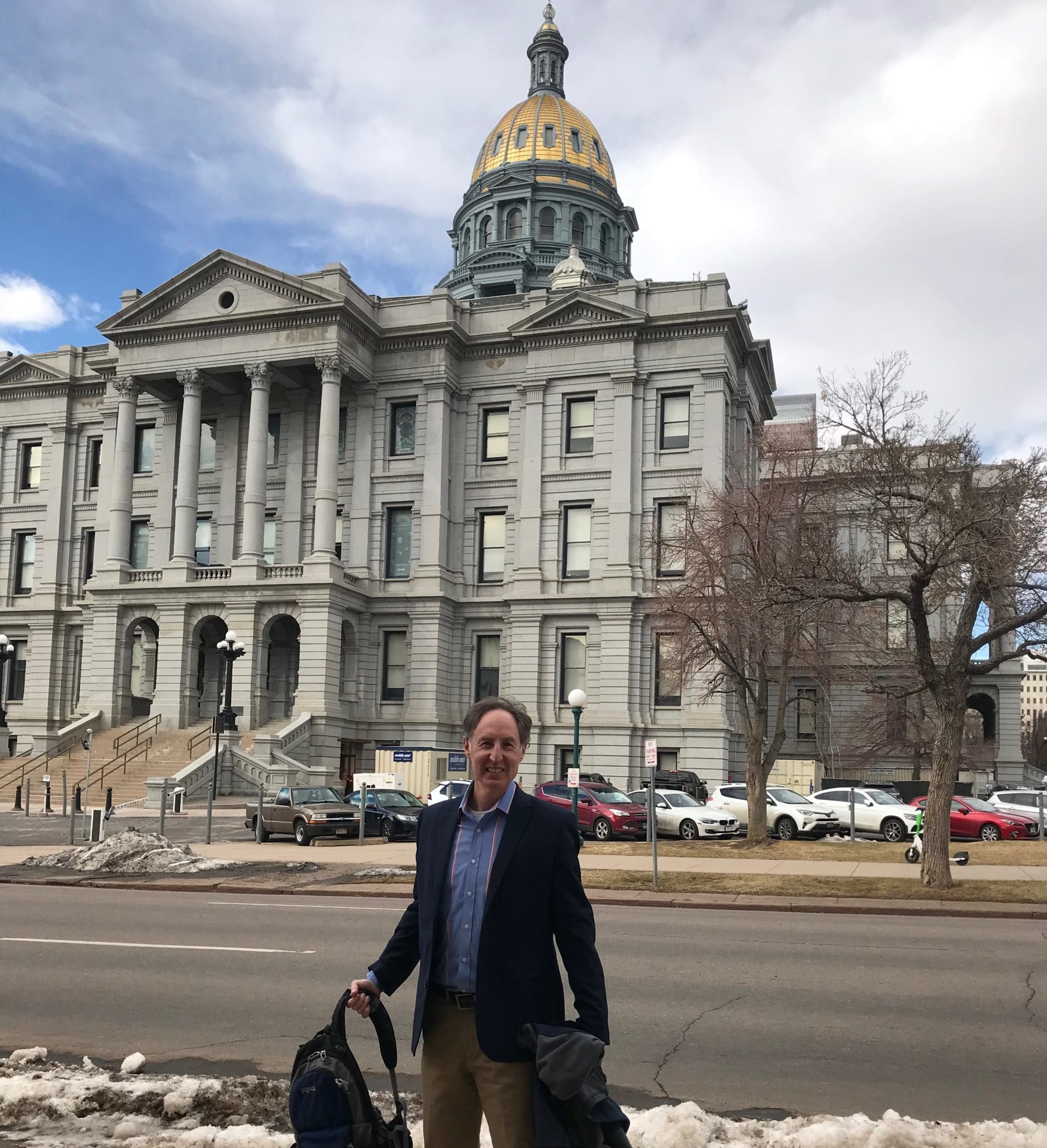When should criminal charges be filed in collisions between cars and bicyclists? Bike Law attorney Peter Wilborn weighed in on that question in a November article in Bethesda Magazine.
The article focused on an Aug. 28 bike-car crash that took the life of Bethesda bicyclist Tim Holden. Local law enforcement officials decided not to pursue charges against the motorist who hit Holden. That sparked outrage from Bethesda riders. Greg Billing, executive director of the Washington Area Bicyclist Association, summed up the reaction of area bicyclists:
This crash specifically really struck a chord with people. Here was a person who was doing everything right while riding a bike, at least from the details that we know, and he was killed with very little consequences for the driver. When as a community and a culture are we going to stop accepting traffic deaths?
The article describes the legal options prosecutors could have pursued to charge the motorist, including: manslaughter by motor vehicle—grossly negligent driving; and criminally negligent manslaughter.
The first charge is typically used when impaired driving is present. Prosecutors said there was no evidence of that in this case. Criminally negligent manslaughter is used when a driver failed to perceive that his or her driving created a substantial and unjustifiable risk to human life. Simple carelessness while behind the wheel is not enough for that offense, according to the article.
Based on the facts in Holden’s case, prosecutors determined that “this accident was just that; albeit a deadly one,” the article states. The motorist was eventually charged with three traffic violations and fined $690.
A fine of only $690 after killing another road user? That paltry fine appears grossly out of balance given that a fatality was involved. It’s no wonder that area bicyclists were outraged by the outcome.
Getting Criminal Charges Filed After A Bike-Car Crash
In the Bethesda Magazine article, Peter described a 2011 Georgia bicycling fatality case he handled where prosecutors originally declined to press criminal charges. They changed their minds after reviewing a reenactment video of the fatal collision.
We looked at the video pretty carefully. The driver said he hadn’t seen the cyclists. We counted the number of seconds the cyclists were clearly visible up ahead. The prosecutor said he didn’t buy that the driver hadn’t seen him or if he didn’t see him then he must have been driving blindfolded.
The Georgia driver was charged with criminal reckless homicide.
We agree with what Greg Billing said in reaction to the resolution of the Bethesda case:
If the legal tools aren’t there, then we need the state’s attorney pushing for the tools that they need to hold drivers accountable. That’s really what it comes down to.
Greg is absolutely right. If the current law is not serving justice, let’s push for laws that do. Also, when prosecutors weigh whether to bring criminal charges against a motorist, let’s be sure they know the cycling community is watching. Let’s encourage law enforcement officials to take another look at the evidence, as Peter did in the Georgia case. Let’s persuade our lawmakers to pass Vulnerable Road User laws. Those kinds of laws would at least provide for stiffer fines when law enforcement officials determine a fatality was an accident.










